CCTV News: The recently issued "Special Action Plan to Boost Consumption" has made clear provisions on optimizing elderly care services and stimulating the vitality of the silver economy. How to embed technological power into elderly care services to help the elderly better care for their elderly?
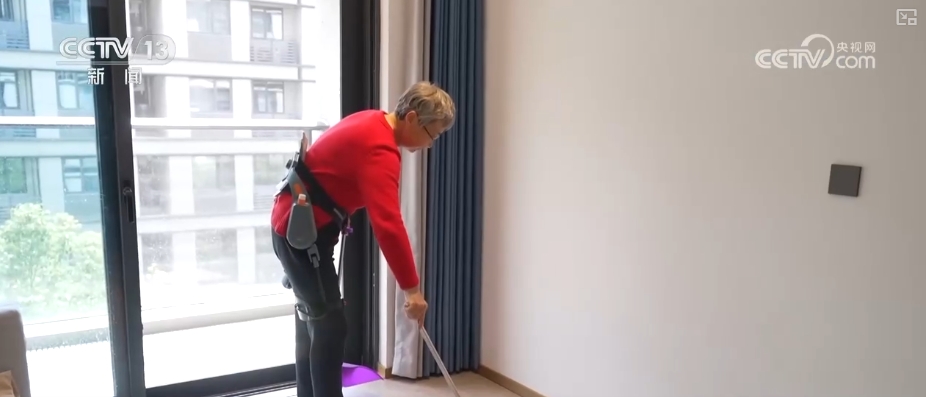
Aunt Yue, who lives in Hangzhou, Zhejiang Province, is 63 years old this year. In the past few days, the exoskeleton walker she ordered has arrived. This walker weighing less than 2 kilograms can only be worn for a few minutes. Aunt Yue’s knee joints are not good all year round. With the help of exoskeleton walking aid, it saves more effort to lift her legs, and climb stairs and walks much easier than before.
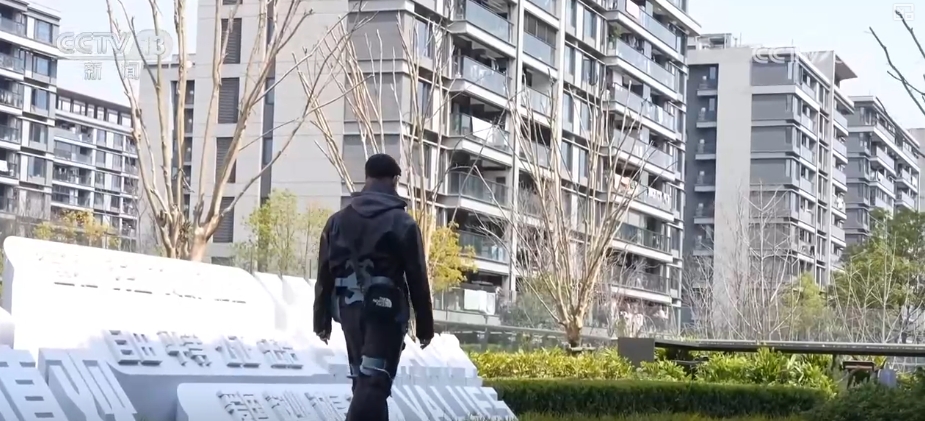
This newly launched exoskeleton walker can help the elderly with a certain degree of muscle strength to travel on a daily basis. Technology empowers and smart elderly care to make the elderly’s life healthier and more quality.
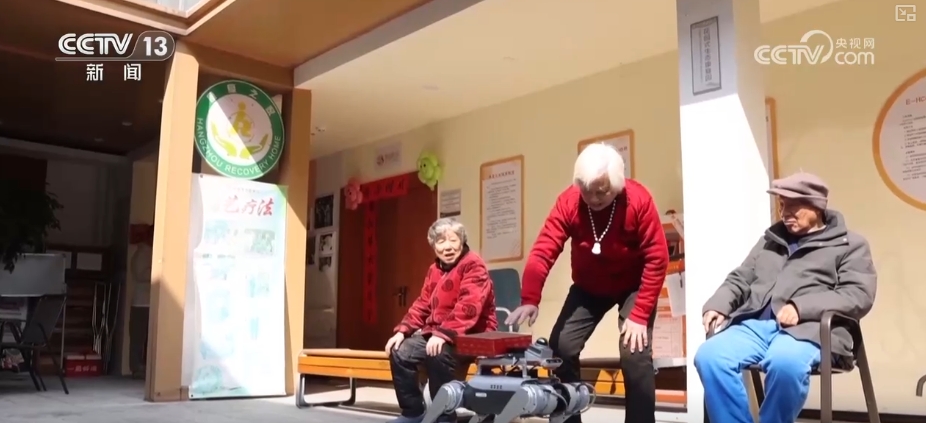
In an elderly service center in Xihu District, Hangzhou, a robot dog is accompanying the elderly. It can not only talk to the elderly, but also remind the elderly to take medicine, help transport items, and provide meal delivery services.
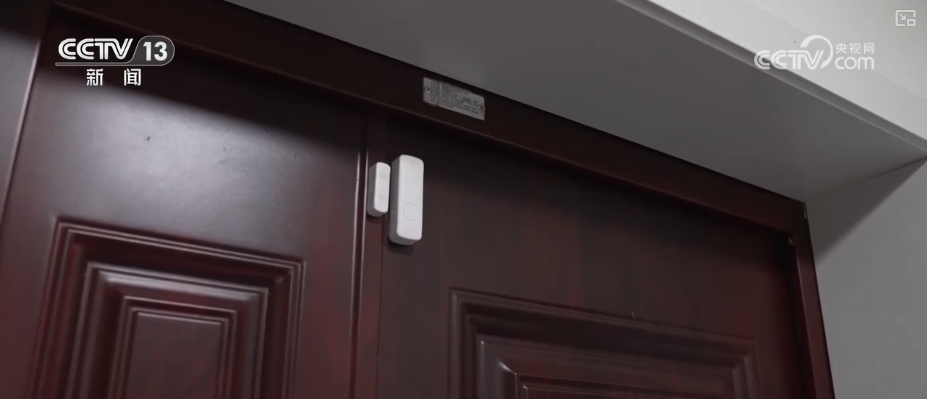
In Binjiang District, Hangzhou, more than 600 elderly families living alone and living alone have installed intelligent detection equipment such as fixed alarms, human infrared sensing, and door magnetic induction. In the community's "Housing Guardian" dispatching center, the data displayed by the sensor can prompt the elderly to have hidden risks at home and help relatives and community personnel to deal with it quickly.
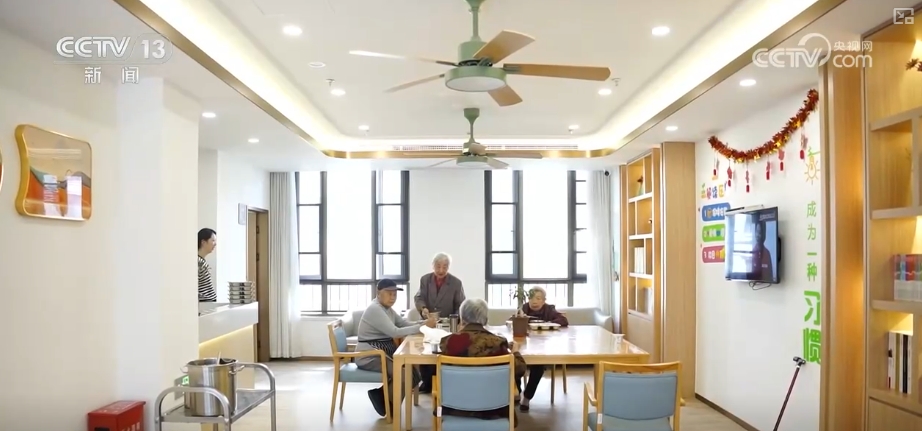
Deeply embed technological forces such as the Internet of Things, big data, and smart hardware into elderly care services. At present, in Hangzhou, Quzhou and other places in Zhejiang, nearly 10,000 elderly people living alone and living alone are using the "House Protection" system. Zhejiang is also actively building a "door-to-door" happy elderly care model of "home + community institutions + smart elderly care", and the smart management system is gradually being promoted from medical scenarios to communities and families.
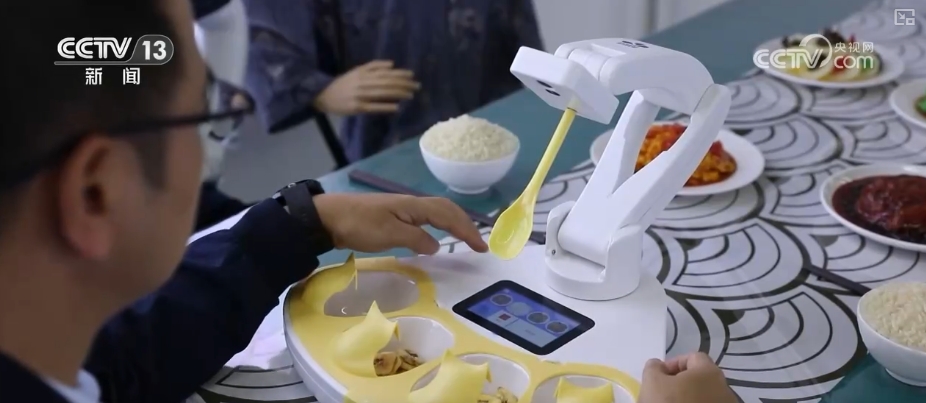
Tian Lijun, director of the Aging Department of the Zhejiang Provincial Department of Civil Affairs, said that it is necessary to accelerate the application and promotion of new technologies and new products of elderly care services, continuously enrich new scenarios of "silver hair" services, smooth the consumption channels of elderly care services, and promote the high-quality and efficient development of the silver hair economy. Aging-friendly products are traded with old products to improve the home environment of the elderly
In Changzhou, Jiangsu, the "renewal" action for home-friendly transformation is being implemented, to increase the intensity of old products and new discounts, activate silver hair consumption potential, and continuously improve the home environment of the elderly.
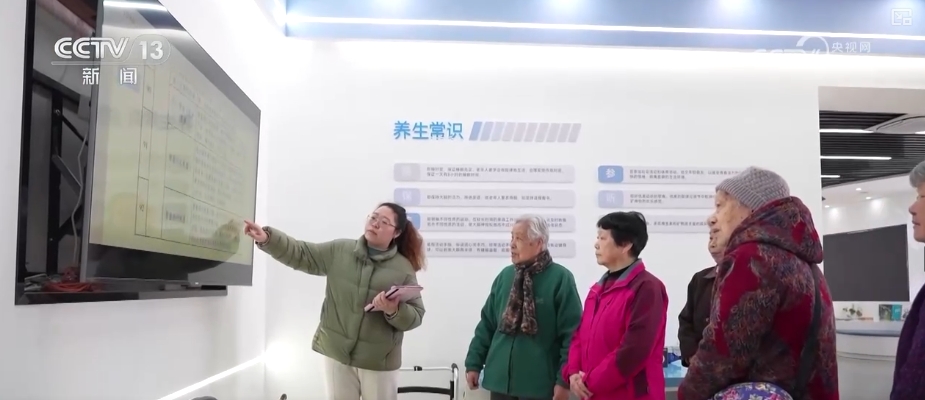
This is the "micro transformation" service experience center for the aging-friendly "micro transformation" in Dongfang Community, Changzhou, Jiangsu Province. Some intelligent products such as smart bracelets, electric nursing beds, induction smart toilets have attracted many elderly people to buy. Sun Xiaoming, 79 years old this year, has taken a fancy to electronic devices such as smart door magnets and smart smoke sensors, and is preparing to replace old equipment at home.
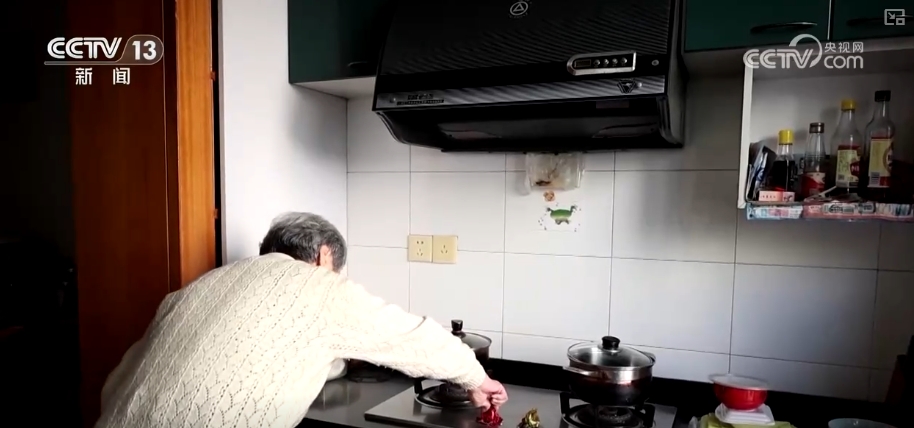
In 2025, Changzhou, Jiangsu will complete the "renewal" of the aging-friendly transformation of 5,500 elderly families. And through "local government subsidies + enterprise concessions", the subsidy standards will be further improved on the basis of 30% of the "national subsidy", and the maximum subsidy per household can reach 15,000 yuan. Among them, the subsidy for the purchase of some aging-friendly products by the elderly aged 80 and above can reach 80%. Optimize elderly care services and make "oldering" become "enjoying the elderly". Faced with the diversified and high-level needs of the elderly, Shanghai is actively exploring new models and new scenarios to allow the elderly to do something and enjoy something.
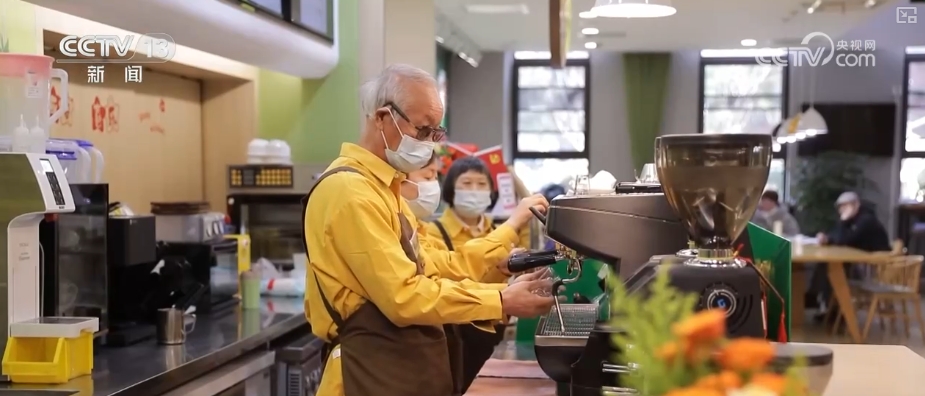
In Yangjing Street, Pudong New District, Shanghai, there is a memory cafe. Most of the clerks here are elderly people over 70 years old, some of whom suffer from mild cognitive impairment. With the help of volunteers, they are not only able to provide coffee services to customers, but also exercise their brain and social abilities through practice.
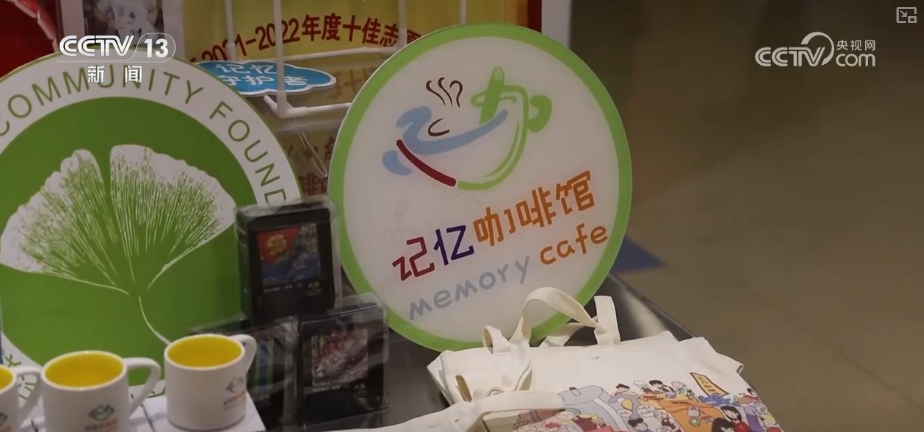
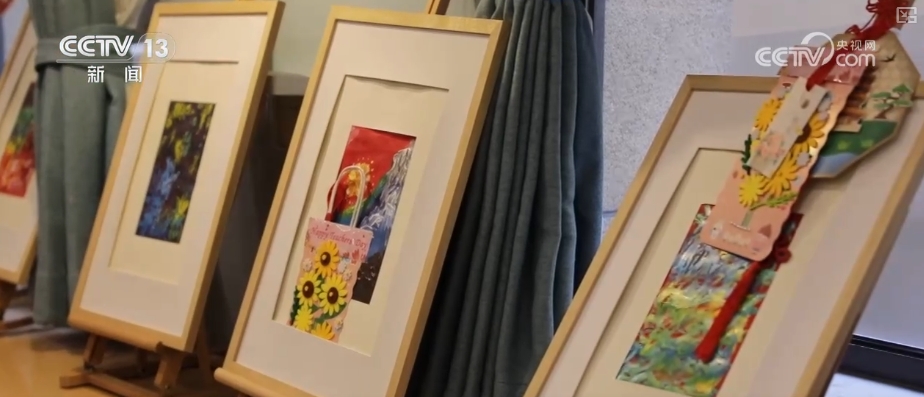

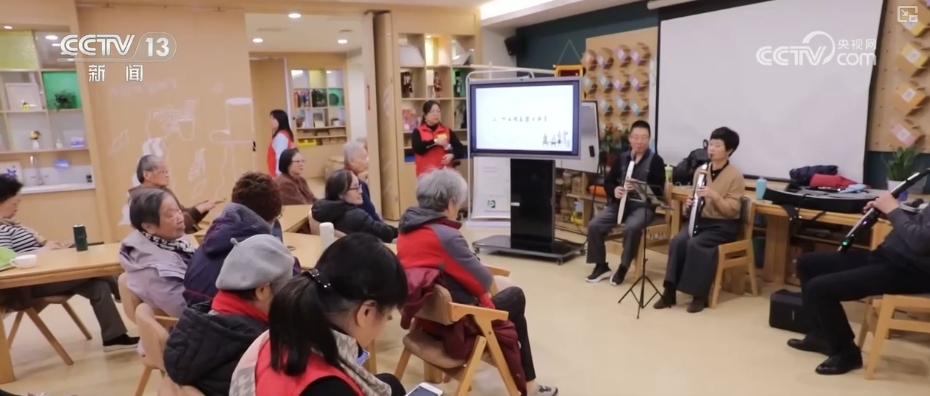
The ear-hanging coffee bags in the cafe and the canvas bags designed by the elderly are also loved by many young people. In addition to the memory cafe, the community has also created theme spaces such as "Flower Field Art Museum", "Neighborhood Co-creation Zone", and "Dreamer Theater", and regularly hold different activities for the elderly and provide day care services.
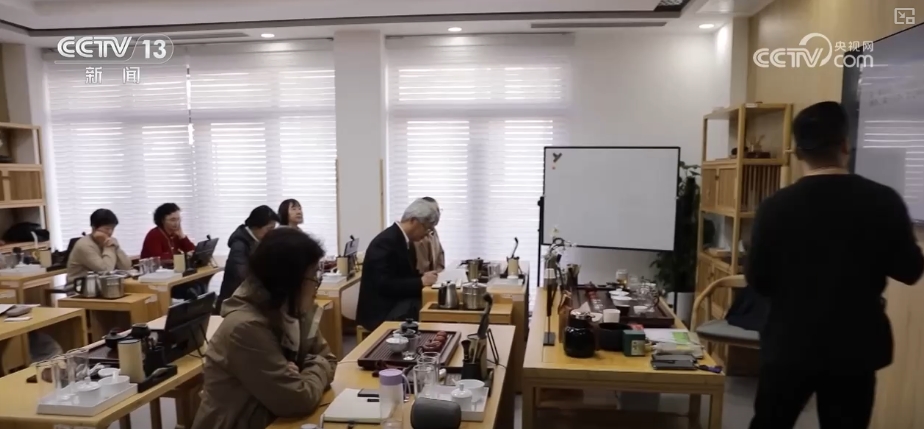
Optimize the supply of elderly care services and let the "silver-haired people" learn something in their old age. In the "Yinfa e School" in Yangpu District, Shanghai, a vivid tea art culture class is underway.
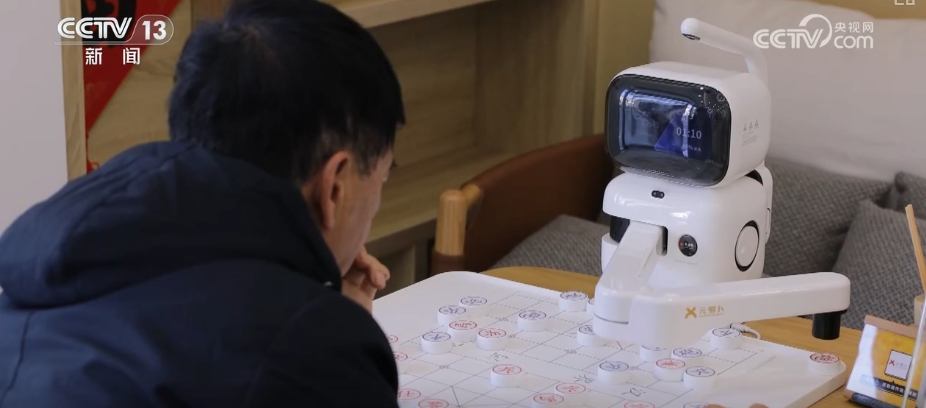
The "Silver E-School" course covers multiple topics such as humanistic leisure, artistic literacy, life and health, and has also specially opened the popular "AI Painting". Here, the elderly not only learn new knowledge and skills, but also make like-minded friends.
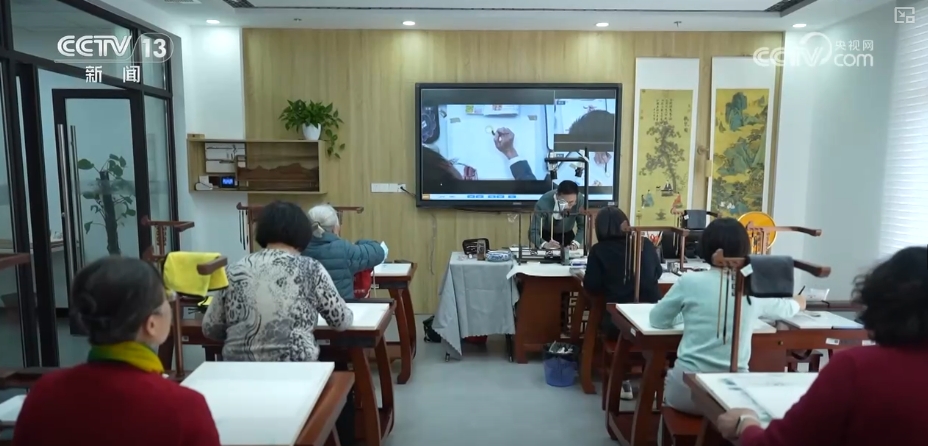
Through the multi-party linkage between universities, social institutions and communities, Shanghai will gradually build and improve the "integrated learning and educating" elderly care service system in 16 districts in the future.